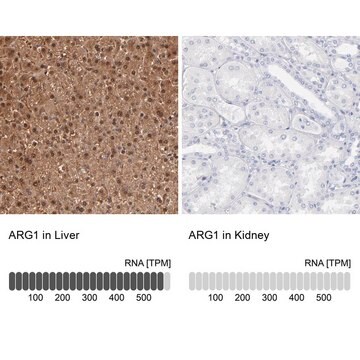1.01988
1-Butanol
for liquid chromatography LiChrosolv®
Synonym(s):
1-Butanol, Butan-1-ol, n-Butyl alcohol, BuOH
About This Item
Recommended Products
vapor pressure
6.7 hPa ( 20 °C)
Quality Level
product line
LiChrosolv®
grade
isocratic
Assay
≥99.8% (GC)
form
liquid
autoignition temp.
340 °C
potency
790 mg/kg LD50, oral (Rat)
3400 mg/kg LD50, skin (Rabbit)
expl. lim.
1.4-11.3 % (v/v)
technique(s)
HPLC: suitable
impurities
≤0.0002 meq/g Acidity
≤0.0002 meq/g Alkalinity
≤0.05% Water
evapn. residue
≤2.0 mg/L
transmittance
230 nm, ≥75%
240 nm, ≥85%
310 nm, ≥99%
pH
7 (20 °C, 70 g/L in H2O)
bp
116-118 °C/1013 hPa
mp
-89 °C
transition temp
flash point 34 °C
solubility
66 g/L
density
0.81 g/cm3 at 20 °C
storage temp.
2-30°C
InChI
1S/C4H10O/c1-2-3-4-5/h5H,2-4H2,1H3
InChI key
LRHPLDYGYMQRHN-UHFFFAOYSA-N
Looking for similar products? Visit Product Comparison Guide
Related Categories
General description
Application
- Insights into "wheat aroma": Analysis of volatile components in wheat grains cultivated in saline-alkali soil: This study explores the use of 1-butanol in analyzing the aromatic profiles of wheat grains from saline-alkali soils, highlighting its role in identifying key volatile compounds associated with the unique scent of wheat (Sun et al., 2024).
- PLD2 deficiency alleviates endothelial glycocalyx degradation in LPS-induced ARDS/ALI: Includes findings on the protective role of 1-butanol in cellular models of lung injury, demonstrating its potential therapeutic applications in respiratory conditions (Kong et al., 2024).
Preparation Note
Other Notes
Legal Information
Signal Word
Danger
Hazard Statements
Precautionary Statements
Hazard Classifications
Acute Tox. 4 Oral - Eye Dam. 1 - Flam. Liq. 3 - Skin Irrit. 2 - STOT SE 3
Target Organs
Respiratory system
Storage Class Code
3 - Flammable liquids
WGK
WGK 1
Flash Point(F)
95.0 °F - Pensky-Martens closed cup
Flash Point(C)
35 °C - Pensky-Martens closed cup
Certificates of Analysis (COA)
Search for Certificates of Analysis (COA) by entering the products Lot/Batch Number. Lot and Batch Numbers can be found on a product’s label following the words ‘Lot’ or ‘Batch’.
Already Own This Product?
Find documentation for the products that you have recently purchased in the Document Library.
Customers Also Viewed
Articles
TLC plates, with silica gel, gypsum as binder, International Pharmacopoeia compliant, for identification of Atenolol and Chlorthalidone in tablets
Our team of scientists has experience in all areas of research including Life Science, Material Science, Chemical Synthesis, Chromatography, Analytical and many others.
Contact Technical Service






